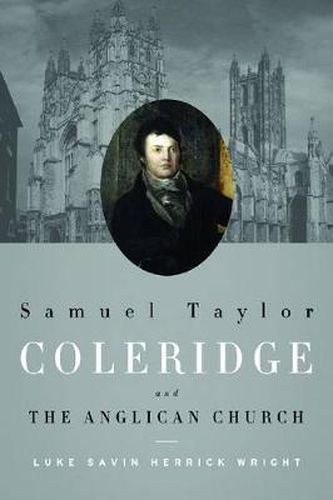This title is printed to order. This book may have been self-published. If so, we cannot guarantee the quality of the content. In the main most books will have gone through the editing process however some may not. We therefore suggest that you be aware of this before ordering this book. If in doubt check either the author or publisher’s details as we are unable to accept any returns unless they are faulty. Please contact us if you have any questions.
This book is the first systematic historical examination of Samuel Taylor Coleridge’s prose religious works. Coleridge (1772-1834), the son of a clergyman, was born and died a communicating member of the Church of England. He was a prolific writer on the subject of the relationship between church and state. At age twenty-three, Coleridge published his first theological work, Lectures on Revealed Religion, which focused on the concept of reason facilitating virtue. Luke Wright maintains that this theme unites Coleridge’s theological writings, including the posthumous Confessions of an Inquiring Spirit (1935). Although he was an advocate of radical politics in the 1790s, by the time Coleridge published The Friend (1809), he had become high Tory. His major contribution to Anglican religious discourse was the revival of the Tory position on church and state, which saw the two as an organic unity rather than separate entities forming an alliance. His writings were vigorously opposed to the Court Whig theory of church and state. After Coleridge’s death in 1834, his arguments were taken up by William Gladstone and carried forward. Wright’s careful reconstruction of Coleridge’s dedication to church-state issues provides a new perspective on the writer himself and on the intellectual history of early nineteenth-century England.





